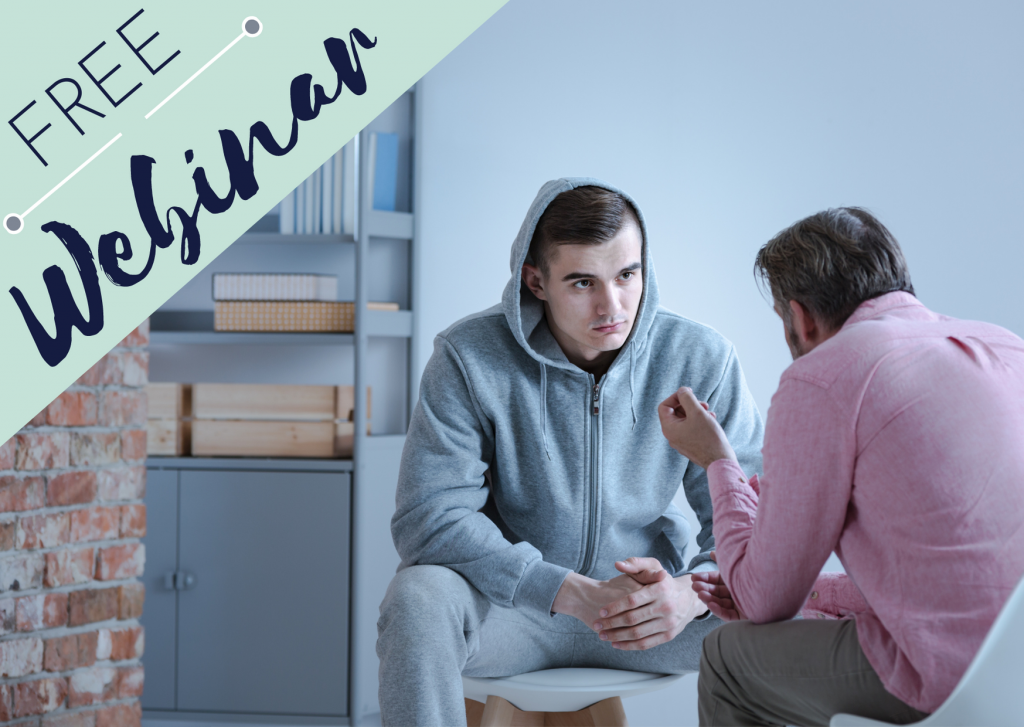Learn the CPR of Suicide Prevention
…CPR of Suicide Prevention” here See a full list of upcoming Webinars with Dr. Lisa Firestone, here * All Webinars are provided by The Glendon Association, a nonprofit organization dedicated to saving lives and enhancing mental health. To support this Webinar series, you can make a donation to The Glendon Association by clicking here Recommended Books Recommended Films VISIT: PsychAlive’s Suicide Prevention Advice The Glendon Association’s Sui…
Learn More







